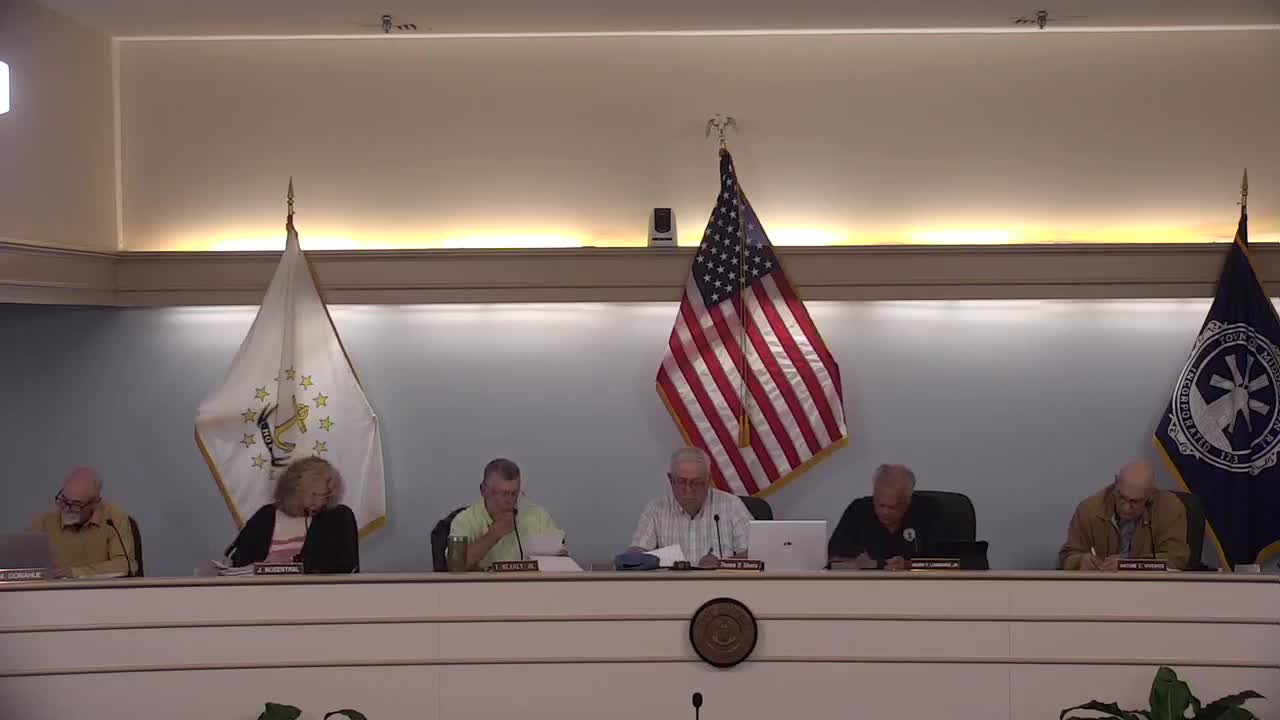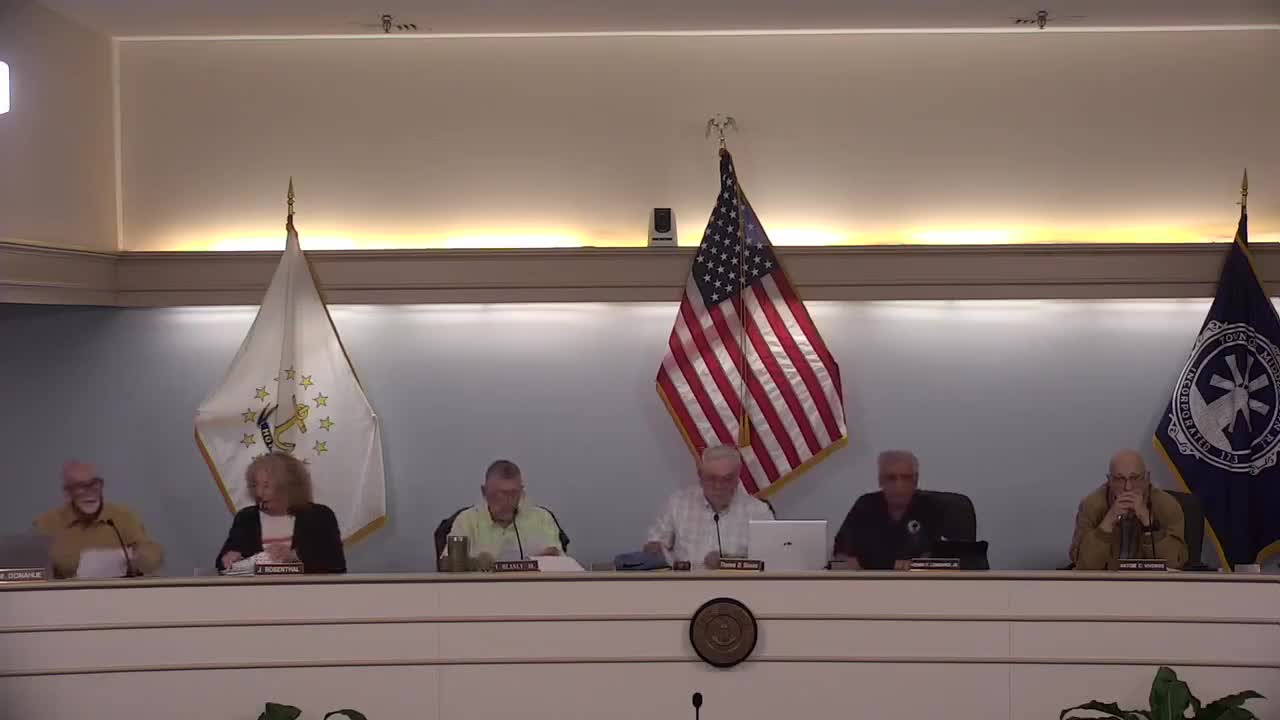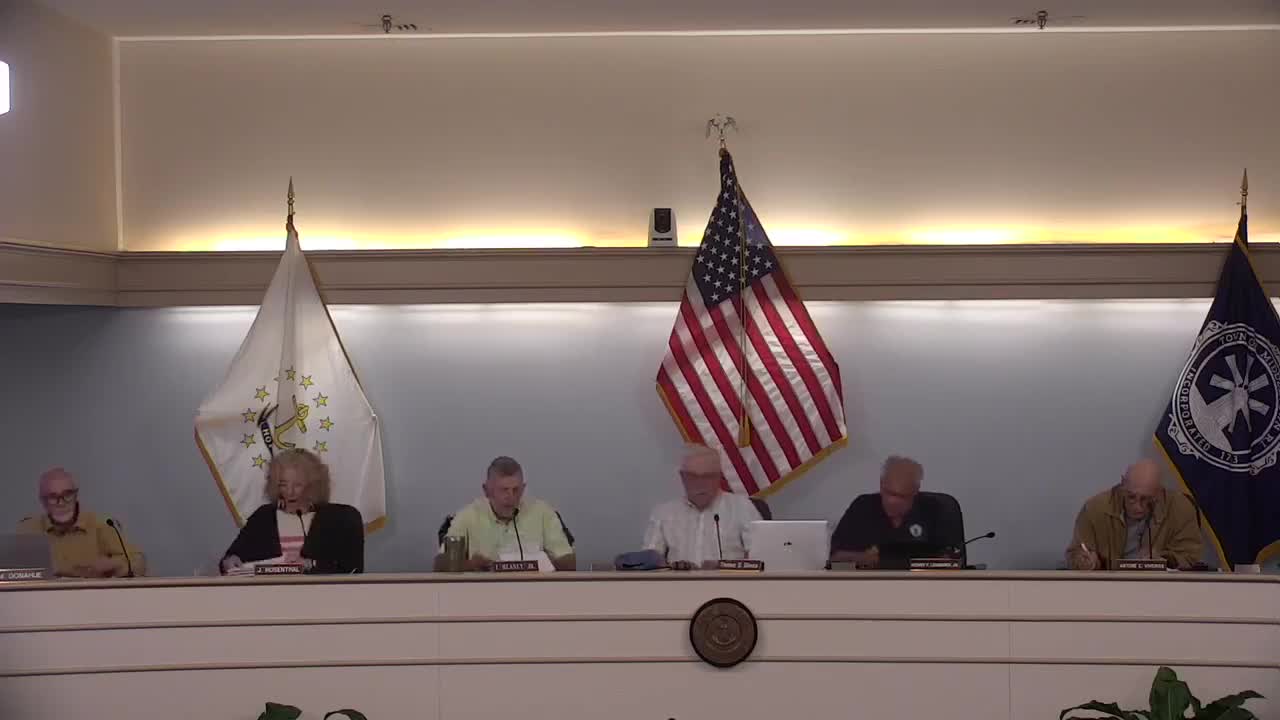Article not found
This article is no longer available. But don't worry—we've gathered other articles that discuss the same topic.

Zoning board approves owner-occupied short-term rental at 342 Boulevard; neighbors voice traffic and parking concerns

Temporary retail tent petition at 750 Aquinnic Avenue continued to June 24 after applicant no‑show

